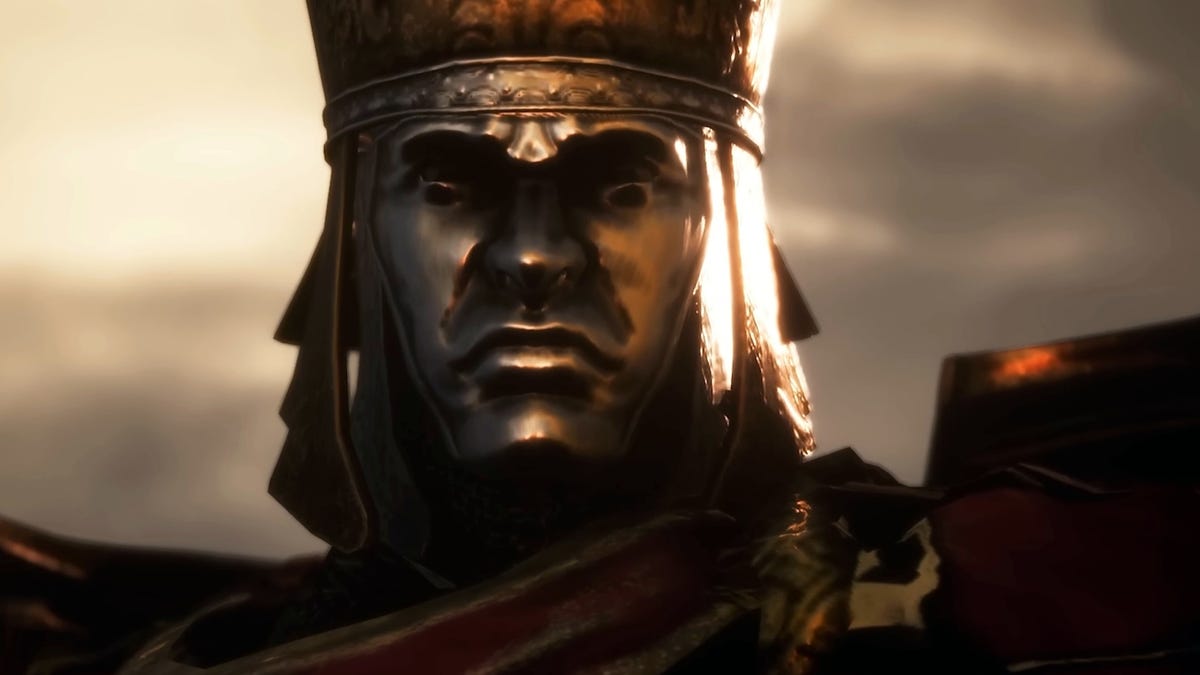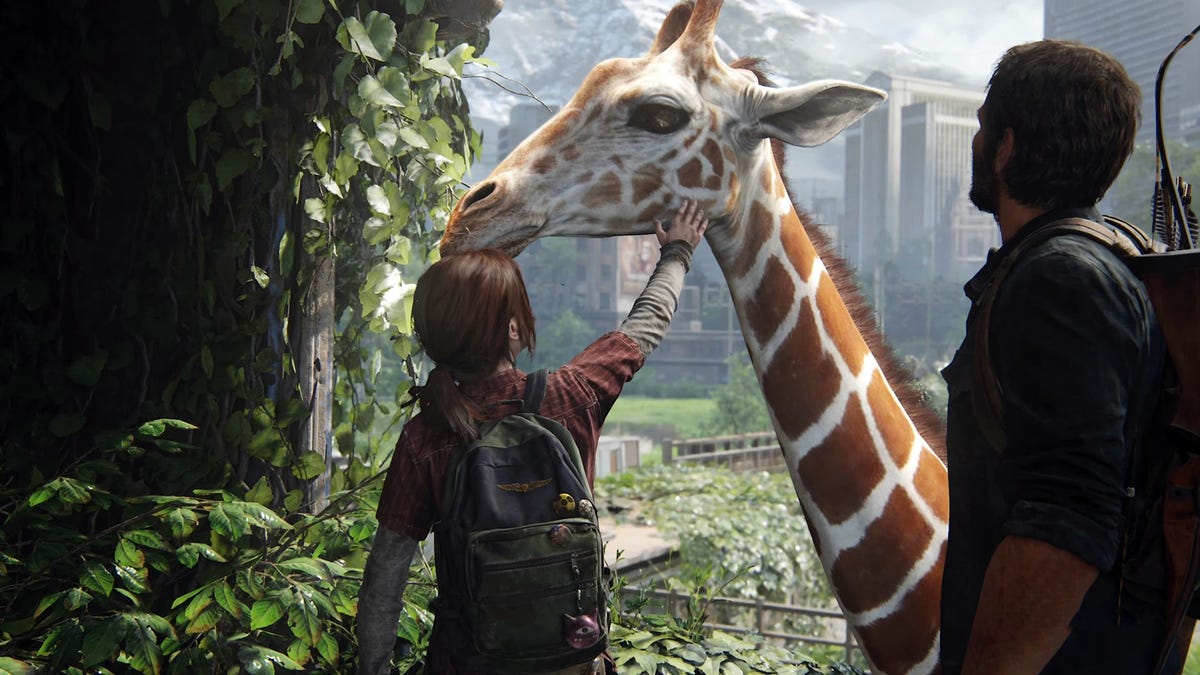Skins are a controversial aspect of live service gaming, with players often questioning why they cost a certain amount of money. Among Counter-Strike: Global Offensive fans, they’re willing to pay eye-watering prices. One CS:GO player just paid the equivalent of $160,000 to own a flowery skin of an AK-47. It’s a nice looking skin, don’t get me wrong. I just wouldn’t pay the cost of a house for it.
The Week In Games: Protecting The Precious And Time-Twisting Platformers
Share SubtitlesOffEnglishShare this VideoFacebookTwitterEmailRedditLinkview videoThe Week In Games: Protecting The Precious And Time-Twisting Platformers
The transaction took place on the Chinese version of Buff, a secondhand marketplace for Steam users to trade CS:GO skins. Buying and selling weapon skins on third-party sites remains a huge business even after Valve placed timed limits on how frequently players could trade on them. Just look at how much this player spent on Wild Lotus, a rare skin for the AK-47. While it typically goes for a few thousand dollars on the market, this “factory new” version has four valuable stickers that cost far more than the gun itself.
You’re probably wondering how a digital item can have quality grades. When CS:GO randomly generates a weapon skin, the game assigns it a permanent “float” value. Float is what determines whether a gun skin is “factory new” or “battle scarred.” As you can see from the above tweet, Wild Lotus has an extremely low float number. That’s another likely reason why the skin sold for so many real American dollars. There are also paint variations that further determine how skins are evaluated by the CS:GO market. Traders are serious about the thousands of dollars that they’re willing to pay for some digital paint.
Of course, not all skins command such prices. Ordinary Wild Lotus skins typically sell for closer to a few thousand dollars. And there are more expensive skins out there too. Last year, a player turned down an offer for nearly $1.3 million dollars, citing that the offer was too low.

